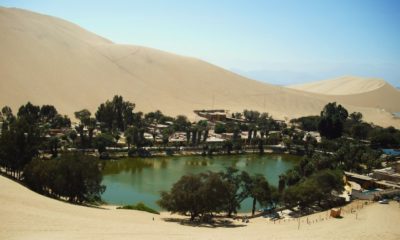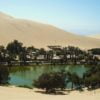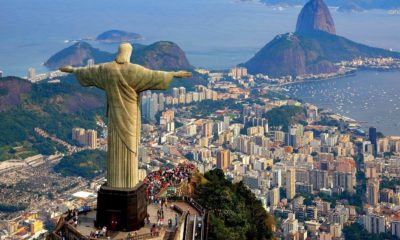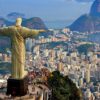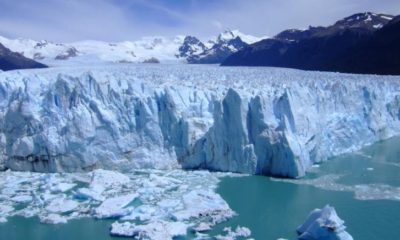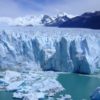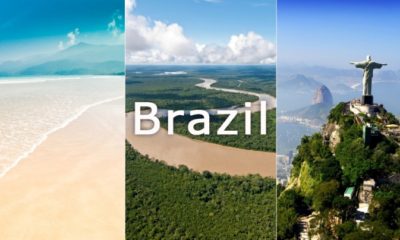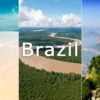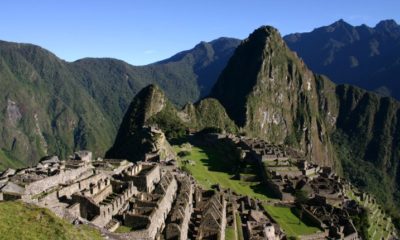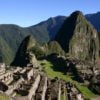South America
Backpacking Chile Need To Know
Basics
Language:
Capital:
Currency:
|
Dial Code:
Emergency Services Number:
Time Difference:
|
Entry
Citizens of most countries (including all EU countries, The US, Canada, Australia and New Zealand) do not need a visa for 90 days.
However citizens of countries that charge Chileans to enter their country (including Canadian and Australian citizens) may have to pay a reciprocity fee (usually only if arriving by air), that varies in price per country.
Your passport should be valid for the proposed duration of your stay. No additional period of validity beyond this is required.
On arrival in Chile the immigration authorities will issue you with a ‘Tarjeta de Turismo – Tourist Card’, an A5 sized white form. You must retain this document and present it to immigration when you leave.
For official information visit your home government travel bureau.
Getting Around
Always book taxi’s in advance, rather than hailing from the street, as many are unlicensed.
More detail is to come in this section, but you can read about general advice regardingGetting Around When You Get There
Recommended For Further Information
If you are heading to multiple destinations in South America I highly recommend picking up a copy of Lonely Planet’s; South America On A Shoestring. It provides the most relevant, up-to-date advice on what to see and skip, how to get around, where to stay, and how to optimise your budget for an extended continental trip…

Accommodation
Chile has a wide variety of hostels and you should never have any problem finding one.
The average price of a hostel is 6,000-14,000 Pesos (£8-16) a night. Hotels can also be relatively cheap, but vary in quality.
All hostels in Chile will provide linen and bathroom facilities. Usually there will be cooking and internet facilities as well as common and laundry rooms.
Read more about Accommodation When You Get There and Living in Hostels
Food And Health
Food hygiene and safety in Chile is satisfactory, but is not up to Western standards. Use your instincts; if the place looks dirty, don’t eat there; if your food isn’t piping hot, don’t eat it.
Water is generally not safe to drink, so it is best to buy bottled or boil.
There are good health facilities in Santiago and other major cities, but private clinics and hospitals are expensive. Make sure you have adequate travel health insurance and accessible funds to cover the cost of any medical treatment abroad and repatriation. If you intend on visiting Easter Island make sure your insurance covers the cost of being flown by air ambulance to mainland Chile if you become seriously ill.
Always contact your GP around 8 weeks before your trip to check whether you need any vaccinations or other preventive measures. Visit here for Recommended Vaccinations and read here for more about Travelling Health In General
Weather & Time To Go
Chile’s unusual shape means the climate differs throughout the country; ranging from the world’s driest desert (the Atacama) in the north, through a Mediterranean climate in the centre and rainy temperate climate in the south, to unpredictable, sometimes Antarctic weather in the extreme south.
Communications
Internet and wifi is widespread and is accessible in most hostels and hotels. International calling cards are also cheaply available.
Dangers And Considerations
Crime levels are moderate.
Thieves, pickpockets and scam artists commonly operate in tourist areas and on public transport networks. Pickpockets often work in gangs, some distracting you while the others go into your bags, so be alert and try not to get distracted around tourist attractions and cash points.
Don’t put any valuables in the storage compartments of buses and coaches – keep them with you at all times.
Passport thefts are common. Leave your passport in a hotel safe or security box and keep a photocopy of the details page with you at all times.
Drink spiking is common – buy your own drinks and keep them within sight at all times.
Protests are common, you should avoid all public gatherings and mass demonstrations, as they can sometimes turn violent.
If you plan to go exploring or mountaineering, notify the local authorities before you set off. There are good rescue facilities in Chile, but you may be charged for the service they provide.
Volcanic eruptions, earthquakes and tsunamis are always a possibility in Chile, so familiarise yourself with safety procedures.
Bribing is not acceptable in Chile, unlike other countries in Latin America; the Chilean police force is admired for its honesty and competence.
Dangers constantly change. Always check with your foreign office (British Foreign Office webpage) or travel advice bureau for the latest information regarding your destinations safety.
Read more about Safety And Security here
Respecting Culture
You might be called “gringo” or if you are of black race or dark skinned a “negro”, but it’s not meant to be offensive and is used in a friendly way (negro is Spanish for black).
Chile has a large Palestinian community, so be careful when expressing Zionist or Pro-Israel viewpoints.



